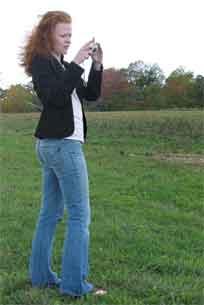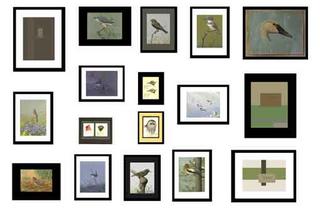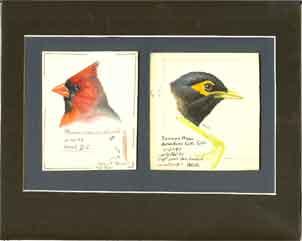Coturnix has
posted on the Ethics session of the ConvergeSouth blogger conference:
The session was actually quite tense and contentious, struggling over the ageless question of who has, or deserves, more trust: professional journalists or bloggers...until someone really smart suggested to stop thinking "Who do I trust" and ask instead "Who do I believe". At that moment, everyone in the room relaxed.
Words are great! "Trust" implies the trusted object is, in fact, trustworthy. A journalist or a blogger might feel personally threatened that the reader doesn't trust him. He isn't trustworthy.
"Belief" requires no rational support at all. It's when you close the book on "I think..." "I'm done thinking about this. I believe it. There's no need to discuss it further." If a reader doesn't believe what's written, it isn't necessarily the fault of the writer. It may be that the writer hasn't made a good enough case. But it may be that the reader has a conflicting belief and isn't willing to re-examine it - not the writer's fault at all.
I've thought a lot about the difference between "know" and "believe." I'm an extreme skeptic, so there aren't many things I claim to
know with certainty. There are things I know from direct experience. Do I
know that the theory of gravity is true? I honestly couldn't tell you exactly what the theory of gravity is. Let's see - something about attraction of bodies toward each other relative to their respective masses? I know that every single time I've dropped something, it has fallen down. So, though "past performance is no guarantee of future results," and, in fact, there may be some other explanation for things falling, I can claim to
know the theory of gravity is true because people I trust have told me so and because I'm unaware of any plausible alternative explanation. (n.b. "people I trust")


















